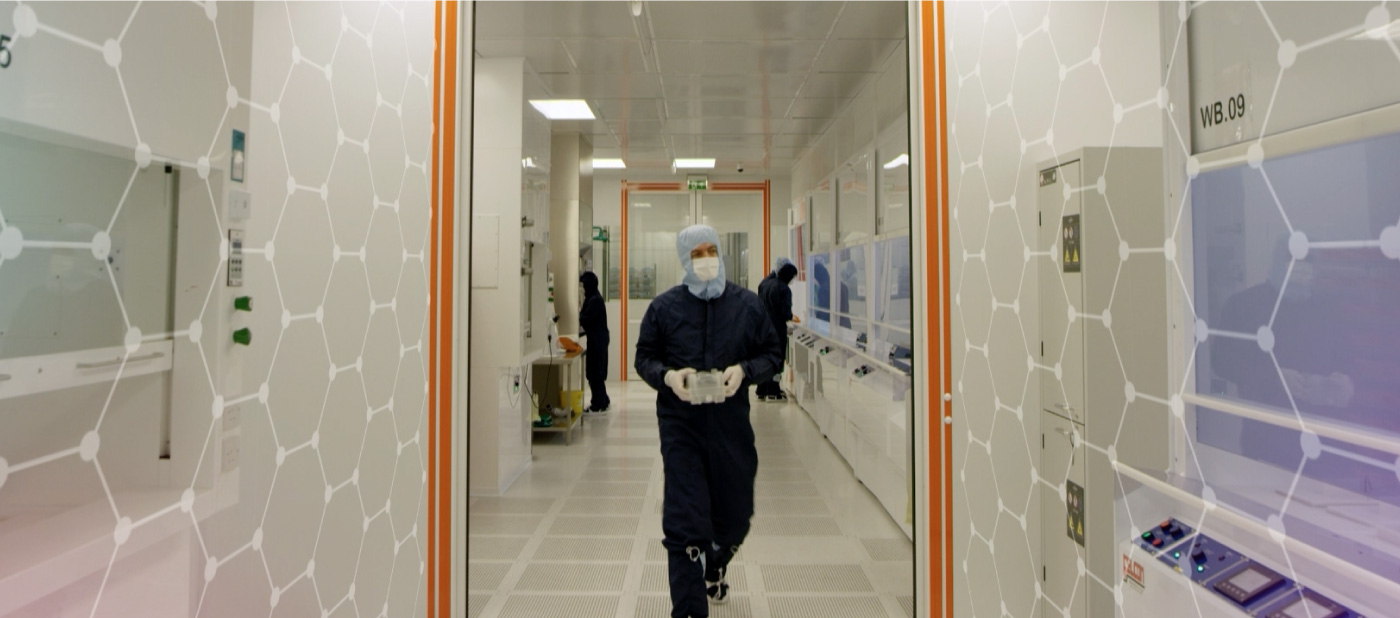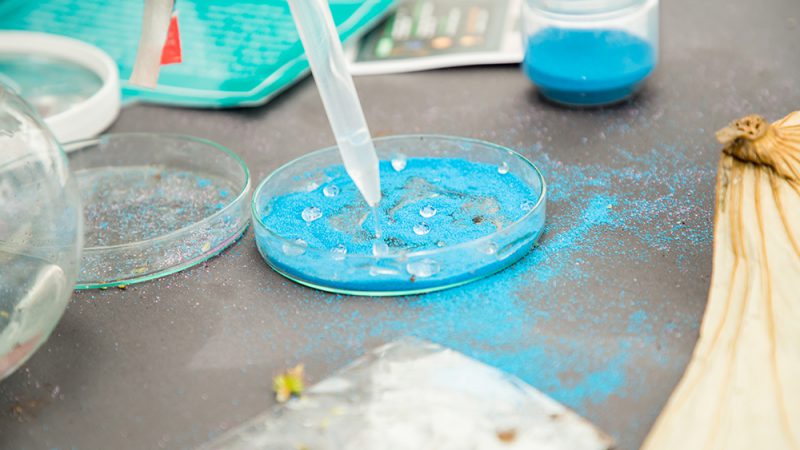University of Leeds pioneer DNA Origami project to inspire next generation of materials scientists
The University of Leeds has initiated an innovative outreach project to inspire secondary school children to engage in materials science activities and promote the discipline as an exciting option at undergraduate degree level.
The DNA Origami project engages students by introducing them to materials science through a subject they already have a basic awareness of, DNA. Over the course of the project, the students will design, simulate and synthesise objects made from DNA, learning through tutorials, exercises and practicals in the lab, and will present their findings in posters and videos that will be shared across the IRIS (Institute for Research in Schools) schools network.
So far the DNA Origami project has provided the five pilot schools with the equipment and materials needed to undertake practical synthesis of a real DNA origami object in the school lab allowing children to build practical lab experience and simulating a research environment.
The project, currently in pilot stage, is a collaboration between the Henry Royce Institute, the Bragg Centre for Materials Research at the University of Leeds and the IRIS. The project aims to engage school students in years 11 and 12 in research-based activities with a materials science theme.
Dr Andy Lee, Centre Manager at the Bragg Centre for Materials Research at the University of Leeds said:
“The DNA Origami IRIS project aims to introduce high school students to real research, and Material Science outside of their textbooks, through a familiar material, DNA, by showing how it can be used in a totally unconventional way, building nanoscale structures and robots rather than plants and animals as you would initially expect”
“This project will teach the students about the field of DNA nanotechnology and empower them to design, simulate and synthesise objects made from DNA, through a series of tutorials, exercises and lab practicals. Throughout the project, the students will produce video diaries to document their experience and will present their work in the form of a poster to all schools in the IRIS network at their annual student conference”
The pilot project is sponsored through Royce’s Outreach Programme which supports teachers to promote materials science as a discipline, with the provision of online teaching resources, teacher Career Professional Development, and student and teacher summer schools.
As part of Royce’s wider ambition to promote Materials Science as a discipline and subject choice, the Institute is also collaborating with the Discover Materials network to build, train and equip a network of outreach ambassadors who will develop a portfolio of specially designed research activities that can be rolled out in educational environments.
Further information available via the Bragg Centre for Materials Research and the Institute for Research in Schools





